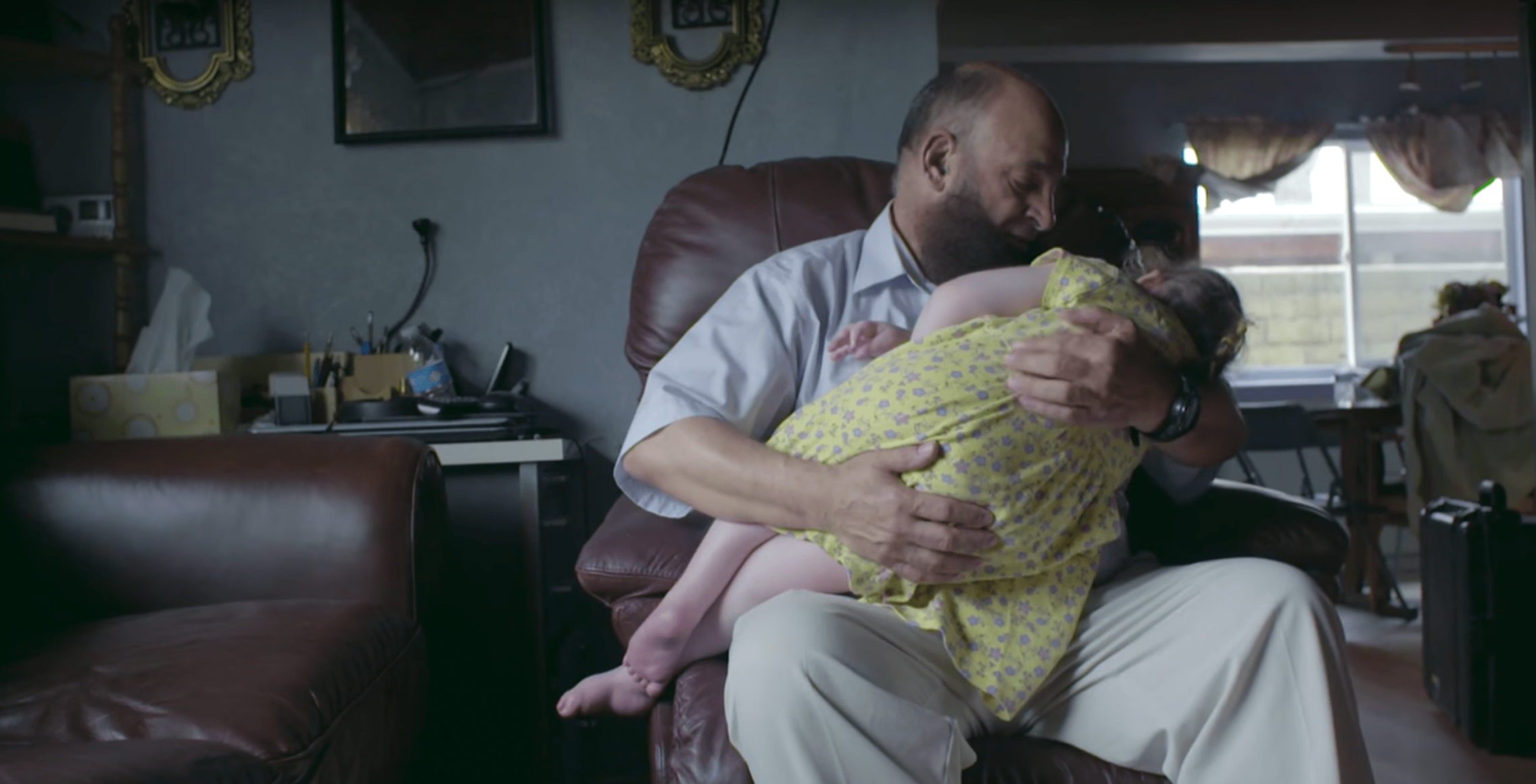
When Mohamed Bzeek admitted himself to a hospital for colon cancer, he was petrified. Without family members to accompany him to his operation, he was afraid to face his uncertain fate alone.
Mohamed’s experience in the hospital made him realize, all over again, why he chooses to foster children who are terminally ill: so they can feel like they’re a part of a loving and supportive family – like every human deserves.
For over 20 years, Mohamed Bzeek has been taking in foster children who are exclusively sick or terminally ill. His inspiration comes from his late wife, Dawn, a former foster mother and advocate for better foster care. Before she passed away in 2014, Dawn and Mohamed were on a first-name basis with Los Angeles County’s Department of Children and Family Services, since they were the only people who would willingly care for sick children.
Recognition and awards
Mohamed’s extraordinary act of kindness has received international attention. He received the Diyanet Foundation’s International Benevolence Award, and a documentary about his story was directed by Ensar Altay.
Organizations such as FosterLove have featured Mohamed as an example of what real love can look like in foster care and how his story continues to change the system.
Faith and personal motivation
From the very beginning, faith has been the anchor for Mohamed, informing how he lives and how he tends to others:
“I am Muslim, and my religion requires me..If I can help any human being, I must.”
It’s that belief that keeps him working so hard, even as he fights his own bout of cancer. His health battles, he says, have enhanced his empathy for the children he fosters, and more clearly shown him what it’s like to be vulnerable and alone.
A life devoted to children
Over the years, Mohamed has cared for more than 80 terminally ill children, cradling ten as they passed away. He offers comfort, of course, but also dignity, making sure every child in his care feels loved even in their last hours.
Most recently, he has taken in a young girl who suffers from a rare brain condition. She’s blind, deaf, and paralyzed in her arms and legs. He says:
“The only way to communicate with her is by touch, and so I hold her. I want her to know that somebody is here for her. Somebody loves her. She is not alone.”
Mohamed also cares for his biological son, Adam, who was born with dwarfism and osteogenesis imperfecta (brittle bone disease). Despite the challenges of raising Adam and multiple foster children, Mohamed approaches each day with patience, empathy, and faith.